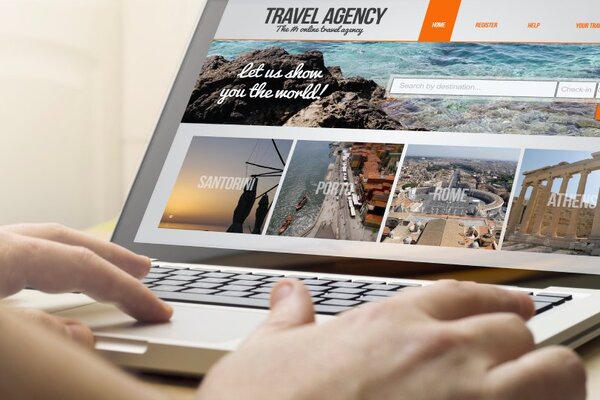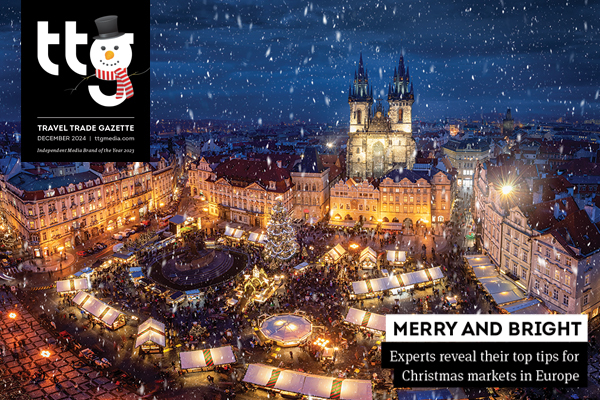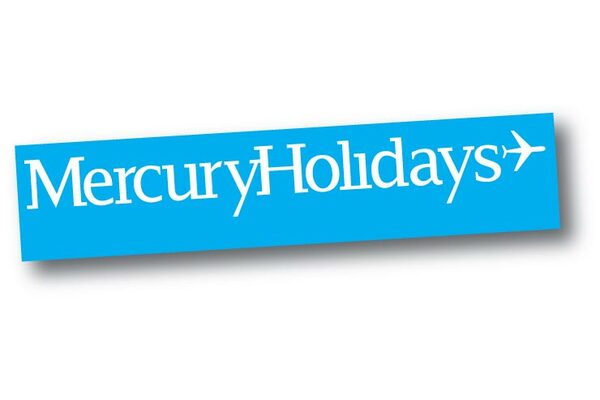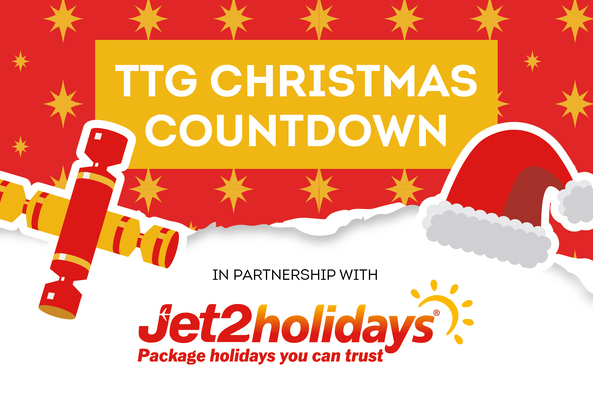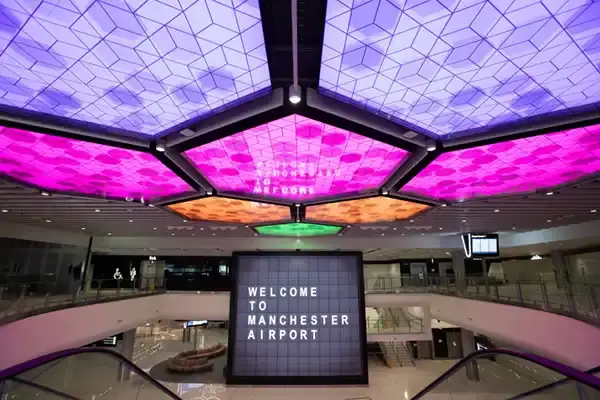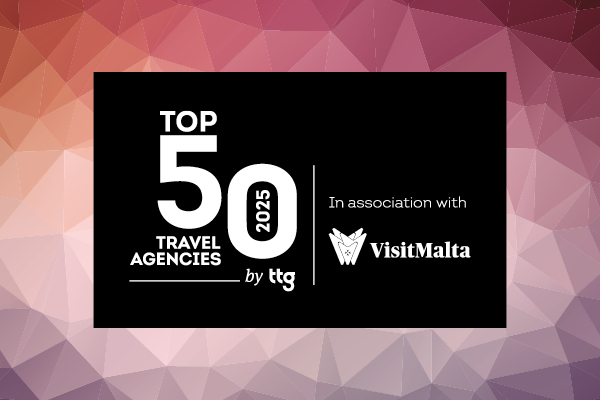How to market a small travel agency on a budget
Marketing doesn’t need to be expensive or time-consuming, according to travel business specialist Jason Palmer.
With the majority of UK agencies employing less than five people, it’s hardly a surprise that marketing is often low on the to-do list for many small companies.
The business of promotions and advertising tends to take a back seat while advisors are focusing on organising incredible trips for their clients, and sometimes, it gets relegated altogether.
“For many agents, marketing simply isn’t their bag,” Jason Palmer, owner of Travel Marketing Services, tells TTG Luxury. “And regrettably, they may also see it as a bit of a dark art, especially social media.” This resistance is only exacerbated by agents’ busy schedules, which can make it all the more difficult to hone the skills.
“It’s a real stumbling block for many,” Palmer explains. “But cost doesn’t need to be a problem, as many suppliers will help with that. It’s time that’s definitely an issue.”
Fortunately, there are a number of simple measures travel agencies can take to improve their marketing. Having recently launched a business to help with all types of marketing, from social media to in-store events, industry veteran Palmer is now determined to share his expert knowledge with agents.
1. Up your Email Game
Email is perhaps one of the most effective tools for travel agencies to reach a large audience, with email accounts more common than Facebook and Twitter combined.
It’s also excellent for attracting traffic to your brand – emails can deliver newsletters, campaigns and promotional offers that externally link to your business website.
However, before bombarding every client inbox you’ve built up in your database, it’s crucial to familiarise yourself with your recipients.
“Ask yourself, ‘How up-to-date is my email database?’.” Palmer advises. “Are you adding and deleting contacts regularly? It’s vital that you continuously update your client records in order to ensure you reach the widest audience possible and avoid messaging people who have asked to opt-out.”
2. Be Strategic
This spring cleaning also allows travel advisors to ‘segment data’, usefully dividing data into categories with different criteria.
“Identify the clients who may like cruising, for example, weekends away or UK breaks,” Palmer says. “The more you can segment the data, the better you can use it. It is for the benefit of both the travel agency and the clients.”
He adds that while this can be a ‘considerable time investment’, it is also crucial for targeting the right customers and increasing the chance of a successful enquiry. “If kept up to date, it can be a goldmine, and most back-office systems will help you build a database.”
Data cleansing and segmentation also prevent emails reaching clients who aren’t interested in the particular offer, and therefore may unsubscribe to the mailing list altogether. A number of customer segmentation software applications available online now use AI to automate the data, which will speed up an otherwise tedious process.
3. Picture This
Imagery is another powerful tool for effective marketing - but only when it’s done right. If you don’t have the skills or time to create your own high-resolution images, don’t try to wing it. Instead, hire a professional photographer to produce the material, or simply ask your industry partners if they can share their pictures with you.
“Use your friendly travel suppliers to access their amazing imagery (stills and video),” Palmer suggests. “This can provide you with a treasure trove of quality images.”
4. Humour Me
Travel is an industry that can afford to be funny, so take advantage of this freedom in your marketing. Humour is an excellent tool for helping your brand stand out, with laughter being one of the most effective ways to leave an impression on the consumer, he believes.
“Comedy can drive likes and shares much more than any offer, no matter how good it is,” Palmer says. “So try to be different, but just be careful it doesn’t backfire!” The industry is already awash with humour-driven marketing, with Booking.com’s ad campaign starring Melissa McCarthy being one of the most known examples.
5. Don’t Overdo It
Less is sometimes more when it comes to travel agency marketing, especially if you’re working with limited resources. Rather than overextend yourself, Palmer advises companies prioritise quality over quantity when trying to reach clientele.
“A big mistake some travel agencies make is taking on more than they can do,” Palmer says. “You don’t need to post all the time, but you do need interesting, visual content.”
Sign up for weekday travel news and analysis straight to your inbox

Emma Dooney
Supplier Directory
Find contacts for 260+ travel suppliers. Type name, company or destination.
